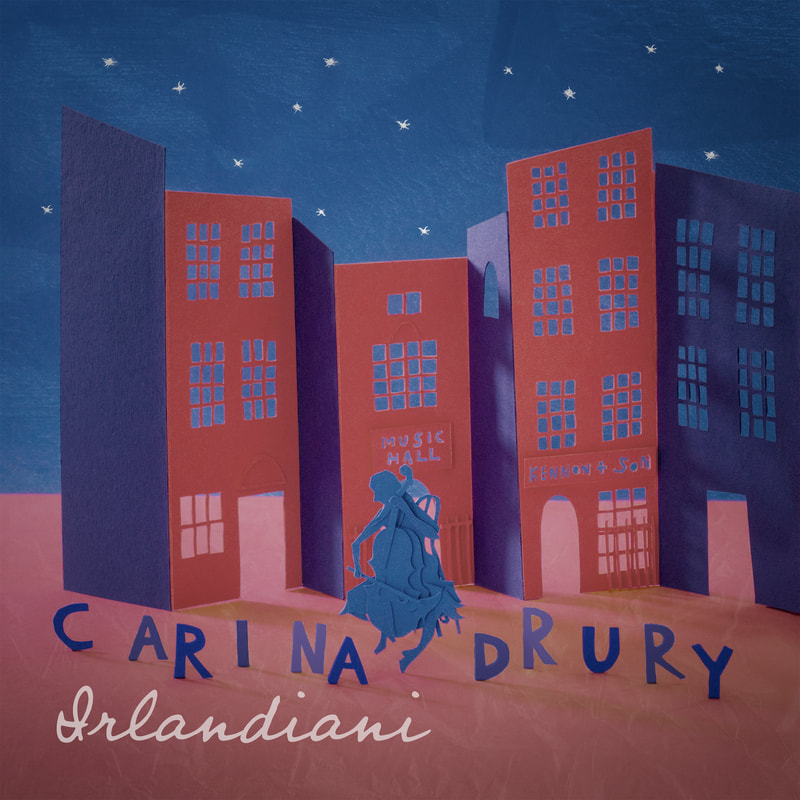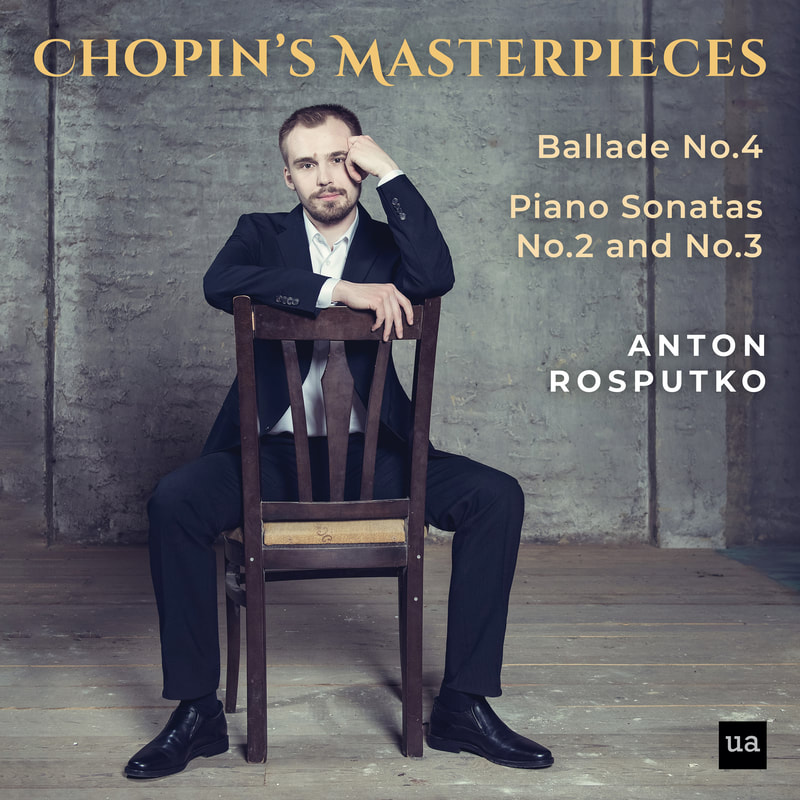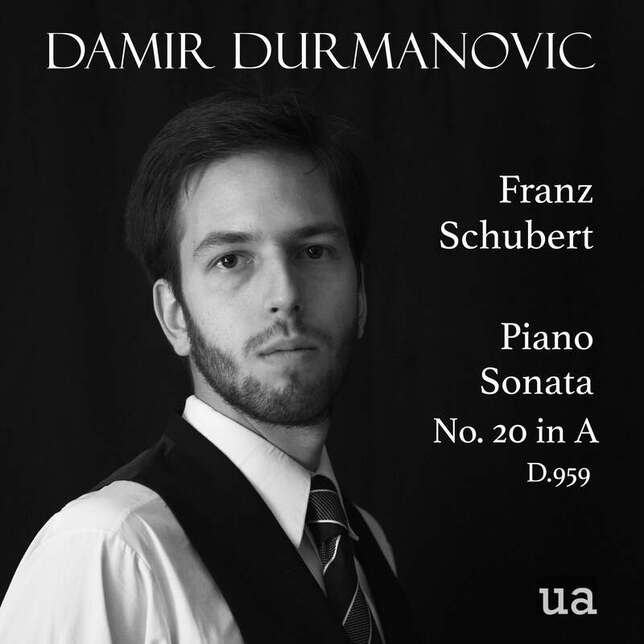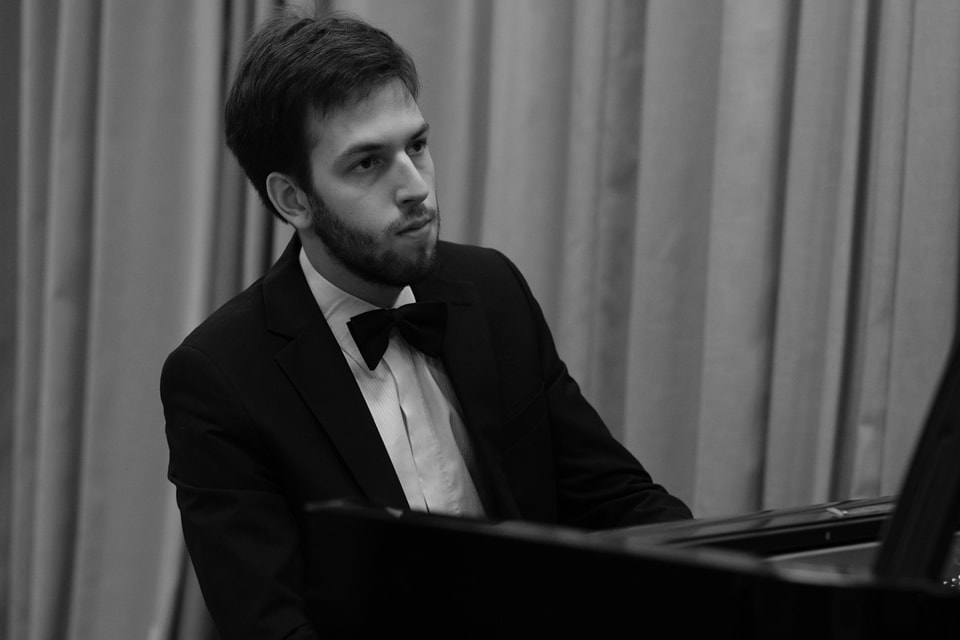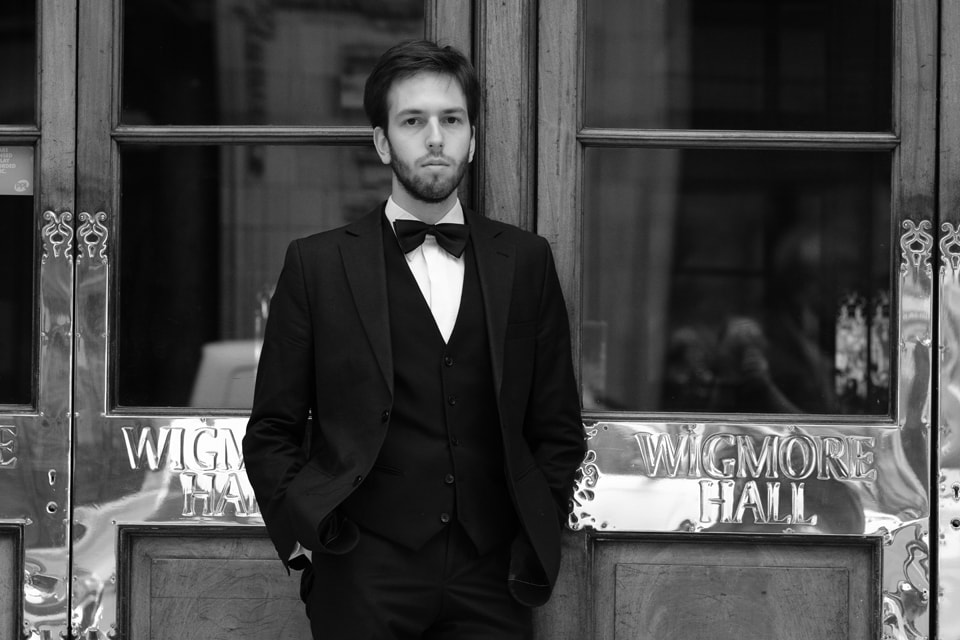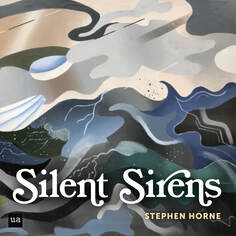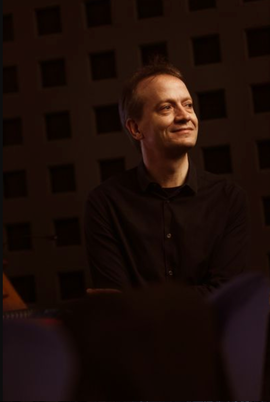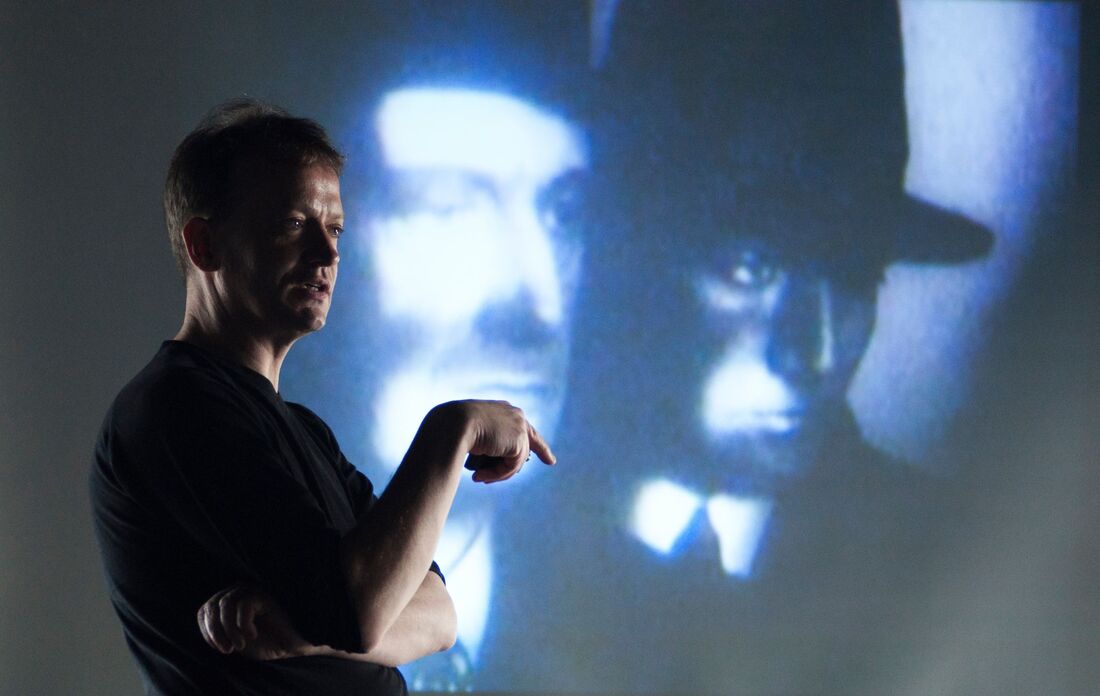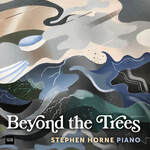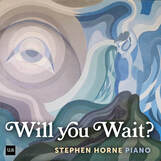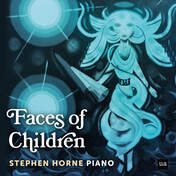Irandiani is a testament to the musical richness of 18th Century Ireland, and the connections between Baroque music and folk traditions, explored in works by Bocchi, Geminiani, Turlough O'Carolan, Burk Thomoth, and traditional melodies from the Neal 'Collection of the Music Celebrated Irish Tunes'.
|
|
Album Details
Lorenzo Bocchi, Sonata IX in C major and Sonata X in D major
Francesco Geminiani, Sonata Op. 5 No. 3 in C major and Sonata Op. 5 No. 6 in A minor
Lorenzo Bocchi, Plea Rarkeh na Rourkough
Turlough O’Carolan (1670-1738) , Carolan’s Concerto
Traditional, arr. Neal: A Collection of the Most Celebrated Irish Tunes (1724):
Thomas Burke
Limbrick’s Lamentation
Ye Clarge’s Lamentation
Turlough O’Carolan - Captain O’Kane
Neal: A Collection of the Most Celebrated Irish Tunes (1724) – Capten Magan
Turlough O’Carolan – Sí Bheag, Sí Mhor
Burk Thomoth (fl. 1739-1750) 12 Irish and 12 Scotch Airs with Variations – Slaunt Ri Plulib
Burk Thomoth (fl. 1739-1750) 12 Irish and 12 Scotch Airs with Variations – The Major
Turlough O’Carolan – Carolan’s Farewell to Music
Producer and recording engineer: Simon Fox-Gal
Mastering engineer: John Croft
UPC 5056495471370

